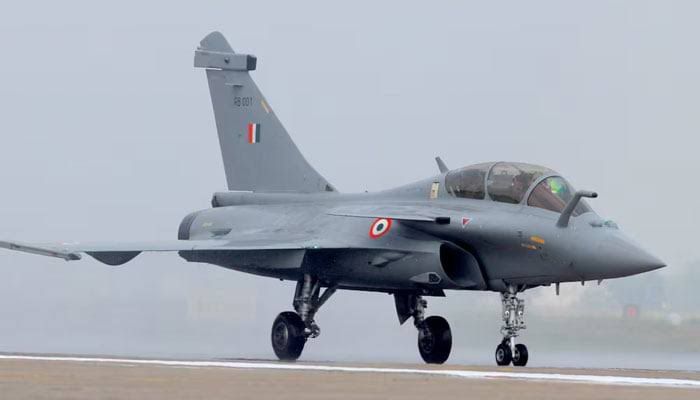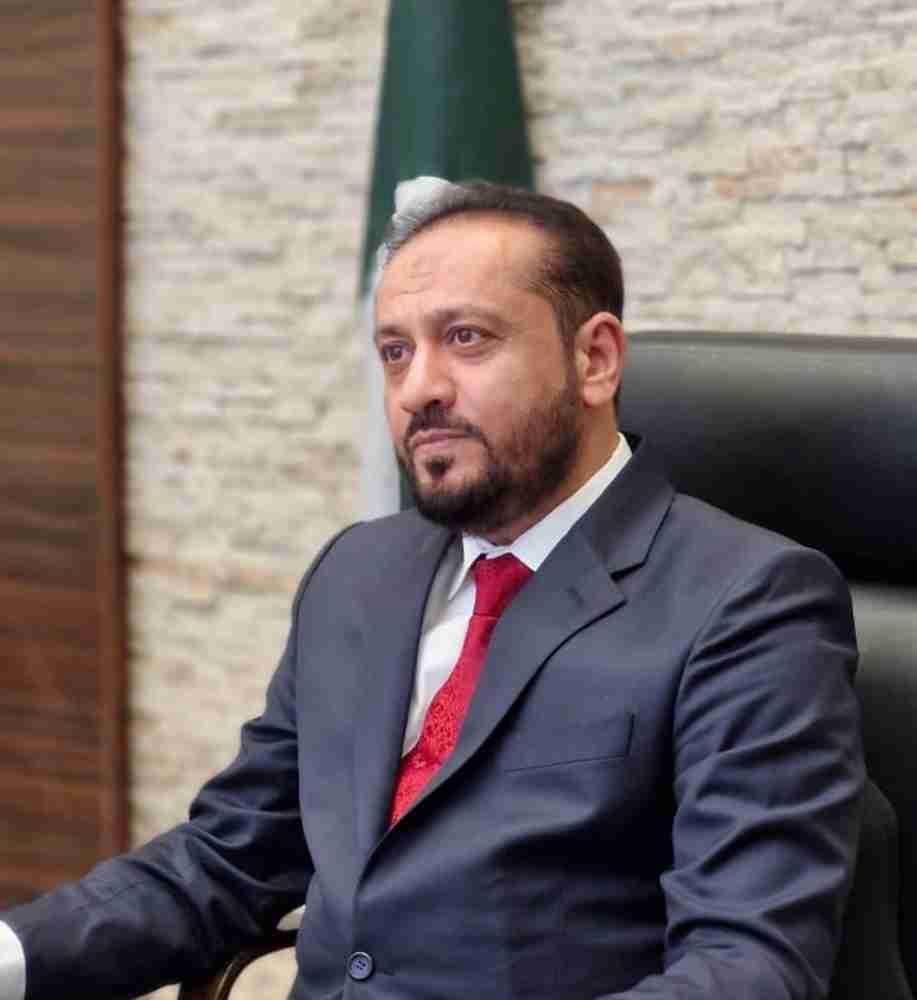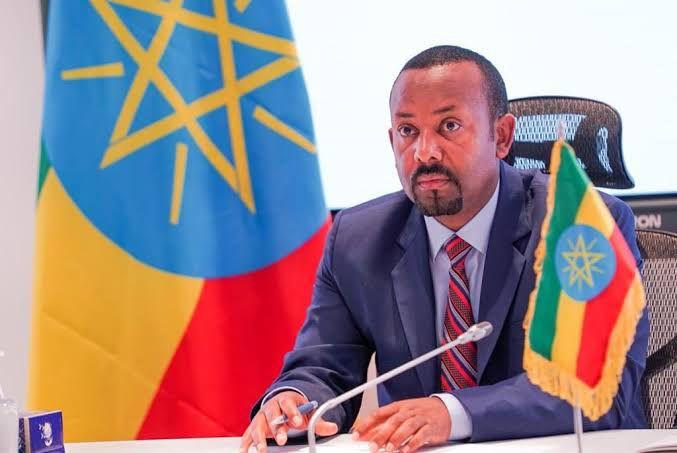The Advocate Post: India has signed a major defense agreement with France to acquire 26 Rafale fighter jets, in a move that signals its continuing efforts to modernize its armed forces and bolster its maritime capabilities. The inter-governmental contract was confirmed on Monday by India’s Ministry of Defence and comes at a time of heightened military tensions with neighboring Pakistan.
The multi-billion-dollar deal includes 22 single-seater and four twin-seater Rafale Marine jets manufactured by French aerospace company Dassault Aviation. These carrier-based fighter jets will replace the aging Russian MiG-29K fleet currently in use aboard India’s aircraft carriers. The contract also includes a training package, simulators, logistical support, advanced weapon systems, and upgrades for the existing Rafale fleet in the Indian Air Force (IAF).
“The governments of India and France have signed an inter-governmental agreement for the procurement of 26 Rafale Aircrafts”
said the Ministry of Defence, describing it as a step towards expanding bilateral defense ties and increasing India’s naval combat readiness.
Dassault Aviation noted that the Rafale Marine jets will give India “state-of-the-art capabilities” and enhance its strategic influence in the Indo-Pacific. With this deal, India becomes the first foreign operator of the Rafale Marine outside France.
A Strategic Shift in Defense Partnerships
This purchase is part of India’s broader strategy to diversify its defense partnerships, moving beyond its historical reliance on Russian weaponry. While Moscow remains a key supplier, New Delhi has increasingly turned to Western allies, signing defense contracts with France, the United States, and Israel in recent years.
The intention to procure the 26 new Rafales was first announced in July 2023 during Prime Minister Narendra Modi’s visit to France for the Bastille Day celebrations. The previous Rafale deal in 2016 for 36 jets was valued at around $9.4 billion and significantly enhanced India’s air superiority.
Rising Tensions with Pakistan and Regional Implications
Monday’s announcement comes against the backdrop of renewed hostility between India and Pakistan following a deadly attack in Indian-administered Kashmir on April 22, which left 26 civilians dead. India has accused Pakistan of involvement in the assault, an allegation Islamabad has strongly denied.
The fallout has seen both countries exchange artillery fire across the Line of Control (LoC), expel diplomats, shut border crossings, and escalate inflammatory rhetoric. Analysts warn the situation carries the potential to evolve into a broader military confrontation, particularly given the current political climate and military posturing from both sides.
The acquisition of Rafale Marine jets enhances India’s ability to project power in the Arabian Sea and Indian Ocean, reinforcing its position amid multiple strategic challenges—not only from Pakistan but also from China, with whom India has had several military standoffs in recent years, including a deadly clash in Ladakh in 2020.
India’s Defense Modernization and Global Arms Race
India is currently the world’s largest arms importer, accounting for nearly 10% of all global imports between 2019 and 2023, according to data from the Stockholm International Peace Research Institute (SIPRI). Simultaneously, India is pushing for self-reliance in defense manufacturing under its “Make in India” initiative.
This decade has seen significant milestones, including the launch of its first indigenous aircraft carrier, INS Vikrant; the development of a hypersonic missile; and the inauguration of a large-scale helicopter manufacturing plant. In addition, India’s defense exports reached $2.63 billion last year—still modest globally, but representing a 30-fold increase over the past decade.
India has also expanded defense cooperation through multilateral platforms like the Quad (alongside the U.S., Japan, and Australia), as it seeks to build a credible deterrent in the Indo-Pacific region. This latest Rafale deal not only reinforces India’s strategic partnership with France but also signals its intent to prepare for a rapidly evolving regional security landscape.
Is this deal in frustration or a strategic move to pressure on Pakistan different analysts having different opinion on that.





